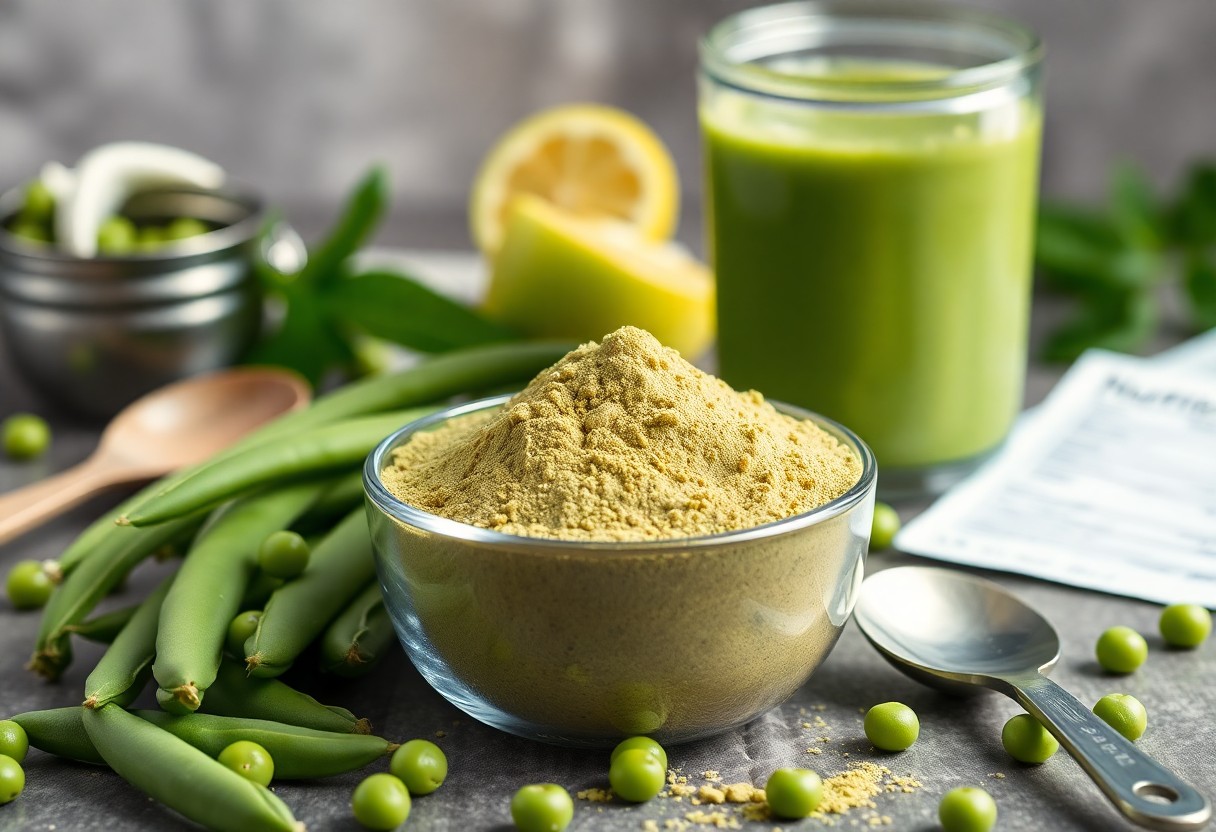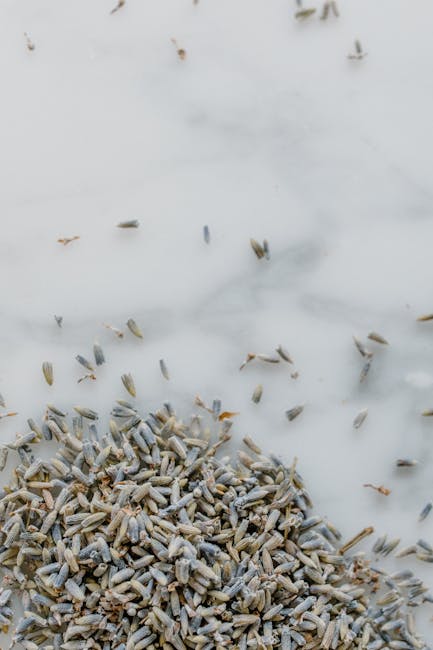Unlock Your Wellness: Natural Remedies for Common Ailments
The modern world, with its relentless pace and often-overlooked environmental factors, can leave us feeling depleted and vulnerable to various ailments. While conventional medicine plays a vital role, many individuals are seeking natural alternatives to address common health concerns. This exploration delves into effective, evidence-backed natural remedies for prevalent conditions, empowering you to take control of your well-being.
1. Headache Relief: Harnessing the Power of Nature
Headaches, ranging from mild tension headaches to debilitating migraines, are a widespread complaint. Several natural approaches can provide significant relief.
-
Peppermint Oil: Topical application of peppermint oil, diluted with a carrier oil like coconut or almond oil, can alleviate tension headaches. The menthol in peppermint oil is believed to relax muscles and reduce pain. Studies suggest its efficacy can be comparable to some over-the-counter pain relievers. Apply a small amount to your temples and forehead, avoiding contact with the eyes.
-
Lavender Oil: Inhaling lavender oil, either directly or via aromatherapy diffuser, has been shown to reduce the severity and frequency of migraine headaches. Lavender’s calming properties can help to ease tension and promote relaxation, contributing to headache relief.
-
Ginger: This potent root boasts anti-inflammatory and anti-nausea properties. Ginger can effectively combat headaches associated with nausea. Consuming ginger tea, ginger capsules, or chewing on a small piece of fresh ginger can provide relief.
-
Hydration and Magnesium: Dehydration is a common headache trigger. Ensuring adequate water intake is crucial. Magnesium deficiency is also linked to headaches, especially migraines. Consider incorporating magnesium-rich foods into your diet, such as leafy green vegetables, nuts, and seeds. Supplementation may be beneficial, but consult with a healthcare professional before starting any new supplements.
2. Taming the Tummy Troubles: Soothing Digestive Discomfort
Digestive issues, including bloating, indigestion, and constipation, can significantly impact quality of life. Natural remedies can provide relief and promote healthy gut function.
-
Ginger (Again!): Ginger’s versatility extends to digestive support. It aids in reducing nausea, bloating, and gas by promoting gastric emptying and reducing inflammation in the digestive tract.
-
Peppermint Tea: Peppermint tea relaxes the muscles of the digestive system, easing spasms and reducing bloating. This is particularly helpful for individuals with irritable bowel syndrome (IBS).
-
Chamomile Tea: Known for its calming properties, chamomile tea can alleviate indigestion, reduce inflammation, and soothe the gut lining. It can also help manage stress, which often exacerbates digestive issues.
-
Probiotics: These beneficial bacteria play a critical role in maintaining a healthy gut microbiome. Supplementing with probiotics or consuming probiotic-rich foods like yogurt, kefir, and sauerkraut can improve digestion, reduce bloating, and strengthen the immune system. Choose a probiotic supplement with a diverse range of strains for optimal benefits.
-
Fiber-Rich Foods: Adequate fiber intake is crucial for regular bowel movements and overall digestive health. Include plenty of fruits, vegetables, whole grains, and legumes in your diet. Increasing fiber intake gradually is essential to avoid further digestive upset.
3. Conquering Insomnia: Embracing Natural Sleep Aids
Sleep deprivation can have detrimental effects on both physical and mental health. Natural remedies can help promote restful sleep.
-
Chamomile Tea: As mentioned earlier, chamomile possesses calming properties that can promote relaxation and improve sleep quality. Drinking a cup of chamomile tea before bed can help calm the nervous system and prepare the body for sleep.
-
Valerian Root: This herb has been used for centuries as a natural sleep aid. Valerian root helps to increase levels of gamma-aminobutyric acid (GABA) in the brain, a neurotransmitter that reduces anxiety and promotes relaxation. It can improve sleep onset and duration.
-
Lavender Oil (Again!): Diffusing lavender oil in the bedroom or applying it to the wrists can promote relaxation and improve sleep quality. The calming scent of lavender can help to ease anxiety and create a more conducive sleep environment.
-
Magnesium (Again!): Magnesium deficiency can contribute to insomnia. Supplementation or dietary changes can improve sleep quality. Magnesium helps regulate the nervous system and promotes relaxation.
-
Melatonin: This hormone regulates the sleep-wake cycle. Taking a melatonin supplement can help regulate your sleep schedule, especially if you have problems with jet lag or irregular sleep patterns. Consult with your doctor before taking melatonin, as appropriate dosages and potential interactions with other medications should be discussed.
4. Managing Skin Conditions: Natural Approaches to Healthy Skin
Various skin conditions, such as eczema, acne, and minor burns, can benefit from natural remedies.
-
Aloe Vera: Known for its soothing and healing properties, aloe vera gel can alleviate sunburns, minor burns, and skin irritations. Apply a generous layer to the affected area for relief.
-
Tea Tree Oil: This essential oil possesses antibacterial and anti-inflammatory properties, making it effective in treating acne and other skin infections. Dilute tea tree oil with a carrier oil (like jojoba or grapeseed oil) before applying it to the skin. Always perform a patch test before applying it to a larger area to check for allergic reactions.
-
Oatmeal Baths: Colloidal oatmeal, finely ground oats, can soothe itchy, irritated skin associated with conditions like eczema. Add colloidal oatmeal to a warm bath and soak for 15-20 minutes.
-
Coconut Oil: This natural moisturizer can hydrate and soothe dry skin. Apply coconut oil topically to moisturize and protect the skin barrier. Its antimicrobial properties can also help combat skin infections.
-
Calendula: Calendula is known for its anti-inflammatory and wound-healing properties. Calendula creams or ointments can be used to treat skin rashes, minor cuts, and other skin irritations.
Important Considerations:
-
Consult with a Healthcare Professional: Always consult with your doctor or a qualified healthcare professional before starting any new natural remedies, especially if you are taking medications or have underlying health conditions.
-
Start Slowly: Introduce new remedies gradually to monitor for any adverse reactions or side effects.
-
Quality Matters: Choose high-quality herbs, essential oils, and supplements from reputable sources.
-
Listen to Your Body: Pay attention to how your body responds to the remedies and adjust accordingly.
-
Lifestyle Factors: Remember that natural remedies are most effective when combined with a healthy lifestyle, including a balanced diet, regular exercise, and stress management techniques.
This guide provides a glimpse into the diverse realm of natural remedies. By understanding the potential benefits of these natural approaches and integrating them thoughtfully into your wellness routine, you can empower yourself to address common ailments and enhance your overall health and vitality. Remember, natural remedies are not a substitute for professional medical advice. They are meant to complement, not replace, the care provided by your healthcare providers.
Discover more from NatureZen Market
Subscribe to get the latest posts sent to your email.











